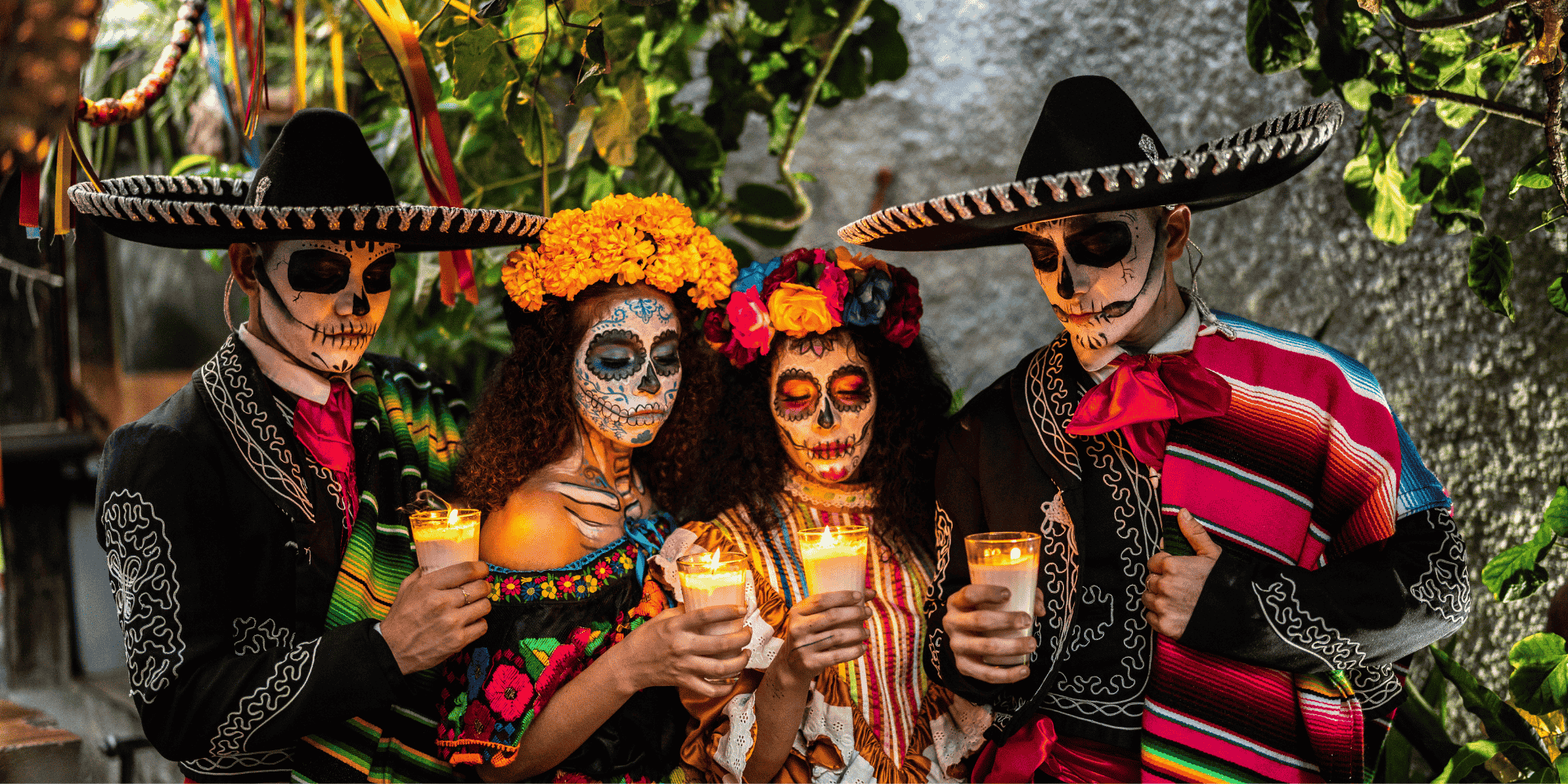
How different cultures celebrate life and death
Rest Assured Webinar
30 October 2024
Rest Assured webinar presented by Sandra Zúñiga, Dr. Ashraf Abdelbaky and Jiting Pan
Across our globe, cultures celebrate life and death in diverse and fascinating ways, reflecting their unique beliefs, traditions, and values. Developing a greater understanding and respect for Australia's multicultural death rituals and practices can provide us with valuable insights.
Below is a summary of our Rest Assured webinar that explored Day of the Dead: How Different Cultures Celebrate Life and Death. Three guest presenters shared insights into their respective cultural beliefs and funeral traditions, helping us to appreciate the rich tapestry of global customs surrounding death and remembrance.
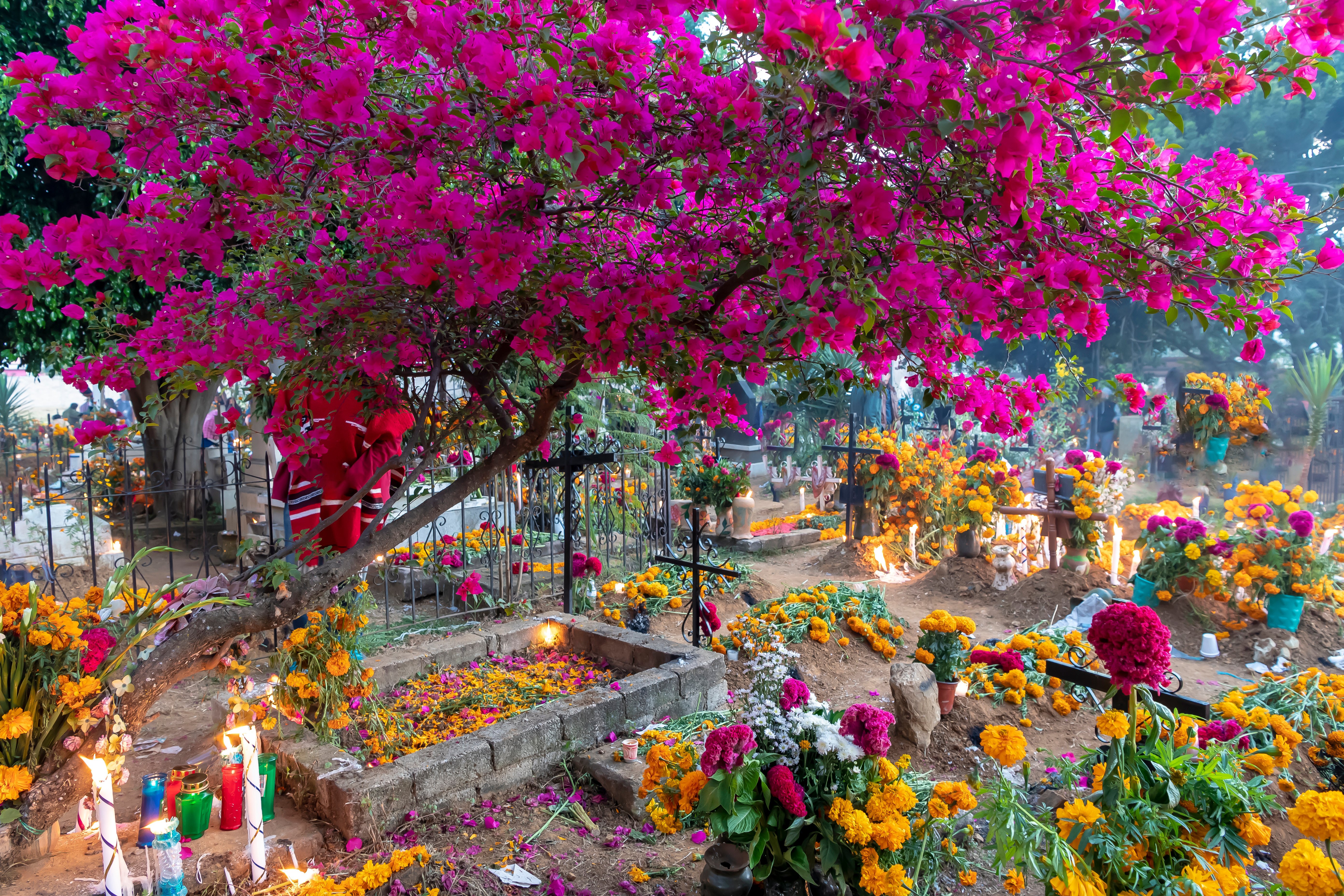
Mexican culture: Day of the Dead
Presented by Sandra Zúñiga
Día de los Muertos (Day of the Dead) is a vibrant Mexican holiday celebrated on November 1st and 2nd to honour and remember deceased loved ones. Rooted in indigenous traditions, this holiday blends joy, music, and remembrance, creating a unique and colourful way to acknowledge the cycle of life and death.
Despite its sombre theme, the holiday is filled with joy, music, and laughter. Families create colourful ofrendas (altars) adorned with marigolds, photos, and the favourite foods of the departed. This festive atmosphere strengthens family bonds and keeps cultural traditions alive, as people believe the spirits of the dead return to visit their living relatives.
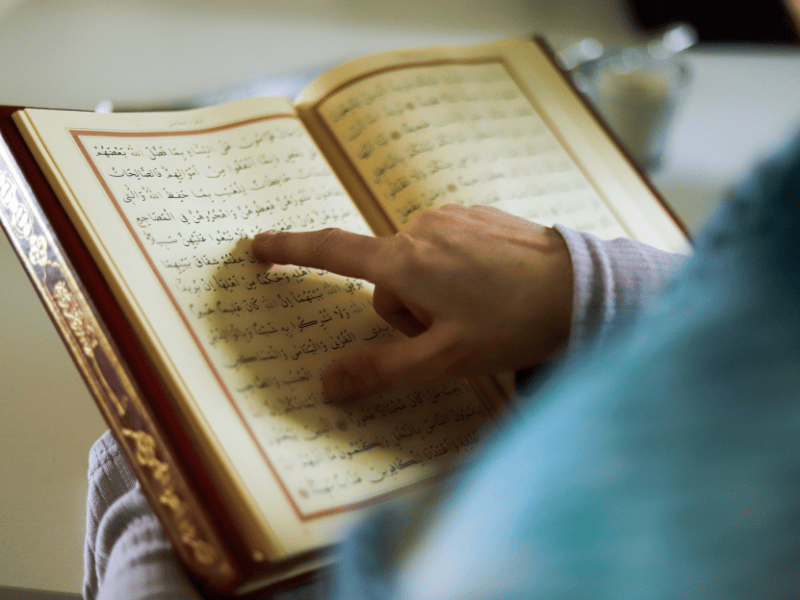
Islamic traditions
Presented by Dr. Ashraf Abdelbaky
In Islamic traditions, death is regarded as an inevitable part of the divine plan. Muslims emphasise remembering the deceased through prayer and charitable acts.
The concept of an afterlife, including heaven and hell, plays a significant role in Islamic beliefs about death. Funerals are simple affairs focusing on the spiritual journey of the departed soul rather than elaborate ceremonies.
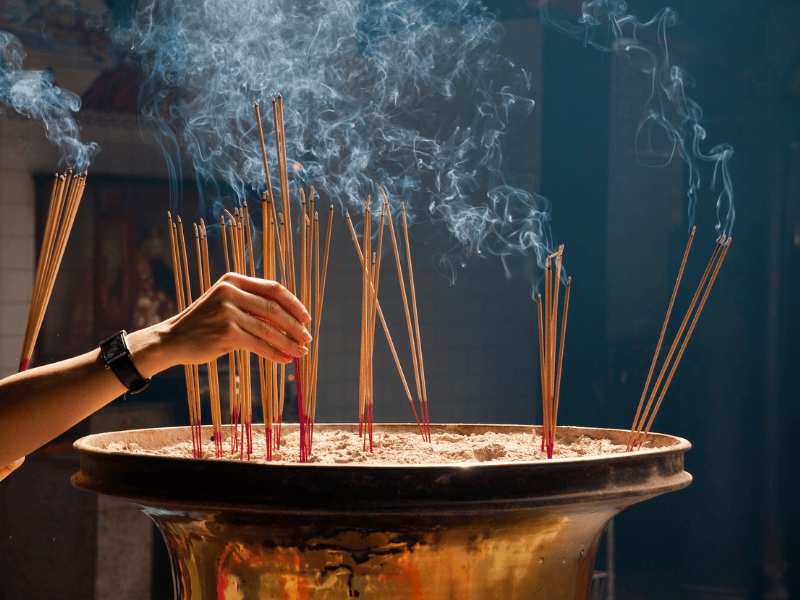
Chinese culture: Honouring ancestors
Presented by Jiting Pan
In Chinese traditions, death is seen as a natural transition within the life cycle. Ancestral worship is a cornerstone of Chinese funeral traditions with the belief that the deceased continue to influence the living.
Respect for one's parents and ancestors, known as filial piety, is paramount. Elaborate mourning rituals and practices are performed to honour the departed and ensure their wellbeing in the afterlife.
Embracing cultural perspectives on life and death
Each presenter offered profound insights into how different cultures process loss, celebrate life, and maintain spiritual connections with those who have passed. While specific customs may differ, the universal themes of love, remembrance, and respect are present in all traditions. By exploring these diverse perspectives, the Rest Assured online community gained a deeper understanding of our shared human experience and the universal need to honour and remember loved ones.
Understanding these cultural differences nurtures respect, inclusion, and appreciation in an increasingly globalised world. Recognising and embracing different death traditions allows us to support and comfort those from various backgrounds, helping to create a more compassionate and inclusive society.
Learn more about diverse cultural funeral traditions and beliefs by visiting our Cultural Corner series as part of our Resource Hub.
What is Rest Assured?
Rest Assured is a webinar series encouraging open and meaningful conversation about death-related topics so people can make informed decisions about their own, and their loved ones’, end-of-life care and wishes.
Supported through its foundational community partnership between Metropolitan Memorial Parks and Newcastle Compassionate Community, this free public program creates a safe space for discussing end-of-life matters.
Featuring specialists across diverse cultures and industry-related sectors, topics include end-of-life planning, Advanced Care Plans, legal aspects and responsibilities, burial and memorial service options, cultural approaches and practices, grief and loss support resources.
Understanding these cultural differences nurtures respect, inclusion, and appreciation in an increasingly globalised world. Recognising and embracing different death traditions allows us to support and comfort those from various backgrounds, helping to create a more compassionate and inclusive society.
Explore more from the Rest Assured series
To read articles and access resources from past Rest Assured webinars, visit our Rest Assured Hub—a dedicated space within our Resource Hub that supports informed, inclusive, and compassionate end-of-life conversations.







-1.jpg?width=1600&name=Banner%20(7)-1.jpg)





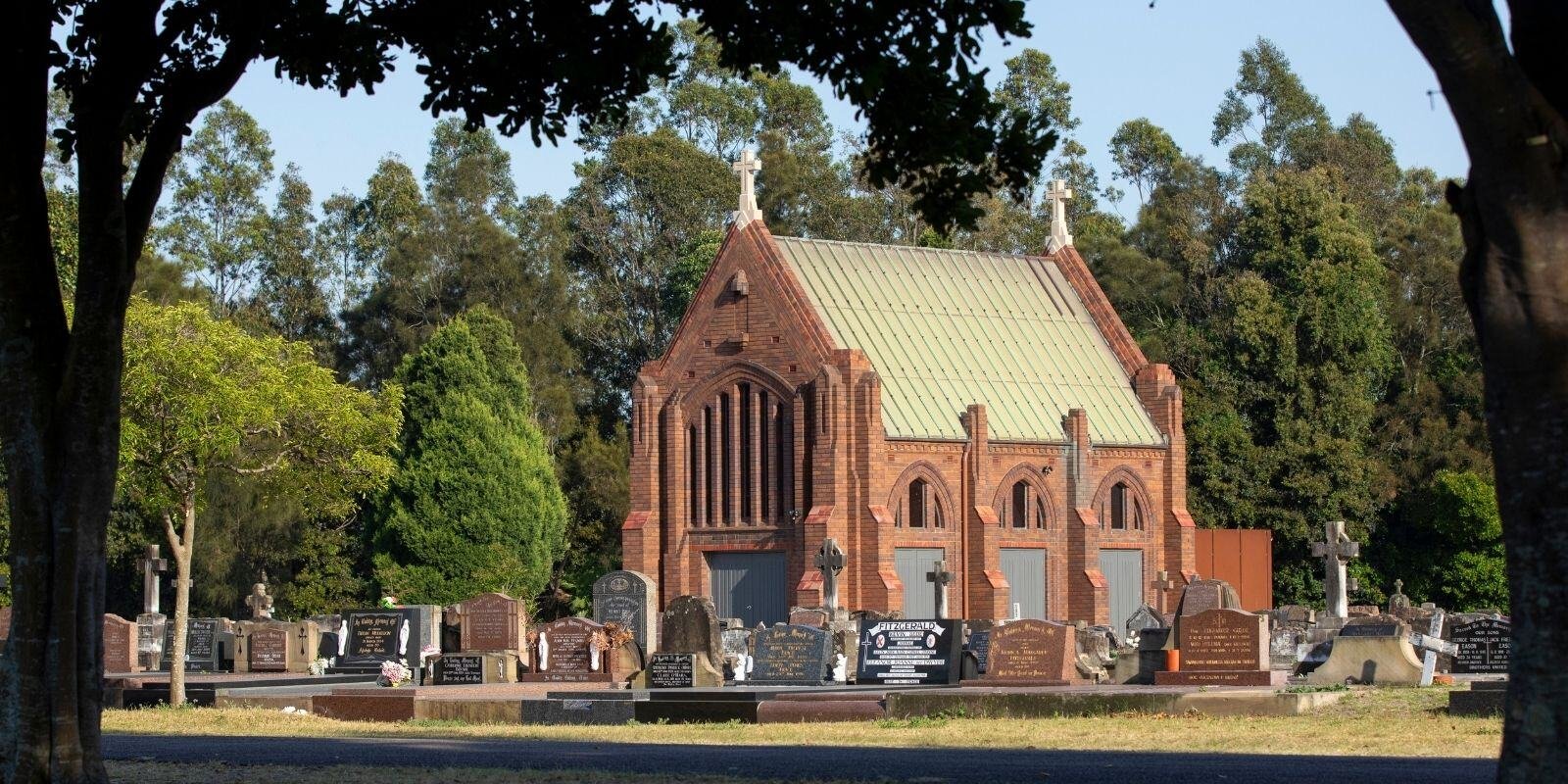

.jpg?width=1600&name=RGC%20Gallery%20(3).jpg)




.jpg?width=2000&name=Copy%20of%20MMP%20Website%20Header%20Image%20Template%20(1).jpg)
.jpg?width=1600&name=WMP%20Wonderfully%20Made%20Memorial%20(1).jpg)

.jpg?width=2000&name=Copy%20of%20MMP%20Website%20Header%20Image%20Template%20(2).jpg)

.jpg?width=800&name=Untitled%20design%20(56).jpg)












